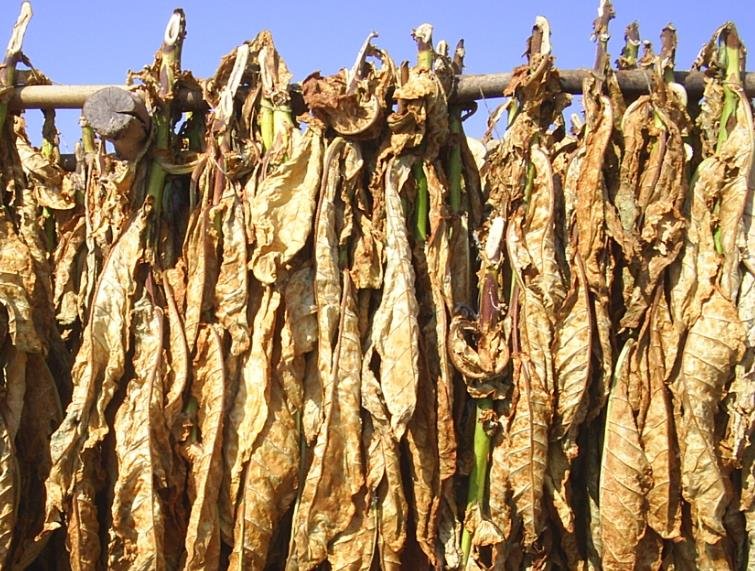Malawi’s tobacco industry faces a significant downturn, with production estimates plummeting to 140 million kilograms this year. This decline not only marks a stark reduction from previous years but also poses serious questions about the future of the country’s economic mainstay.
The heart of the issue lies in the fluctuating global demand for tobacco, coupled with domestic challenges such as unpredictable weather patterns. Malawi’s reliance on tobacco as a key export commodity means that any dip in production can have far-reaching consequences on its economy.

The recent decrease is attributed to a combination of factors, including prolonged dry spells that have affected crop yields. Moreover, the shift in global tobacco production from high-income to low- and middle-income countries has intensified competition, putting additional pressure on Malawian farmers.
Economic Repercussions
The drop in tobacco production is more than just an agricultural concern; it’s an economic alarm. Tobacco sales have traditionally been a significant source of revenue for Malawi, and the decline directly threatens the livelihoods of thousands of smallholder farmers who depend on this crop.
The government and stakeholders are now grappling with the need to diversify agriculture and reduce dependency on tobacco. This transition is crucial for the nation’s economic stability and requires strategic planning, investment in alternative crops, and support for farmers during this shift.
Looking to the Future
As Malawi confronts this challenge, the focus turns to sustainable alternatives that can provide economic resilience. The country’s agricultural sector must innovate and adapt to changing global trends while ensuring that the farmers’ welfare remains a priority.
The path ahead will involve tough decisions and a reimagining of Malawi’s agricultural identity. The decline in tobacco production could be a catalyst for change, driving the nation towards a more diversified and robust economic future.
Maria Garcia is an award-winning author who excels in creating engaging cannabis-centric articles that captivate audiences. Her versatile writing style allows her to cover a wide range of topics within the cannabis space, from advocacy and social justice to product reviews and lifestyle features. Maria’s dedication to promoting education and awareness about cannabis shines through in her thoughtfully curated content that resonates with both seasoned enthusiasts and newcomers alike.








